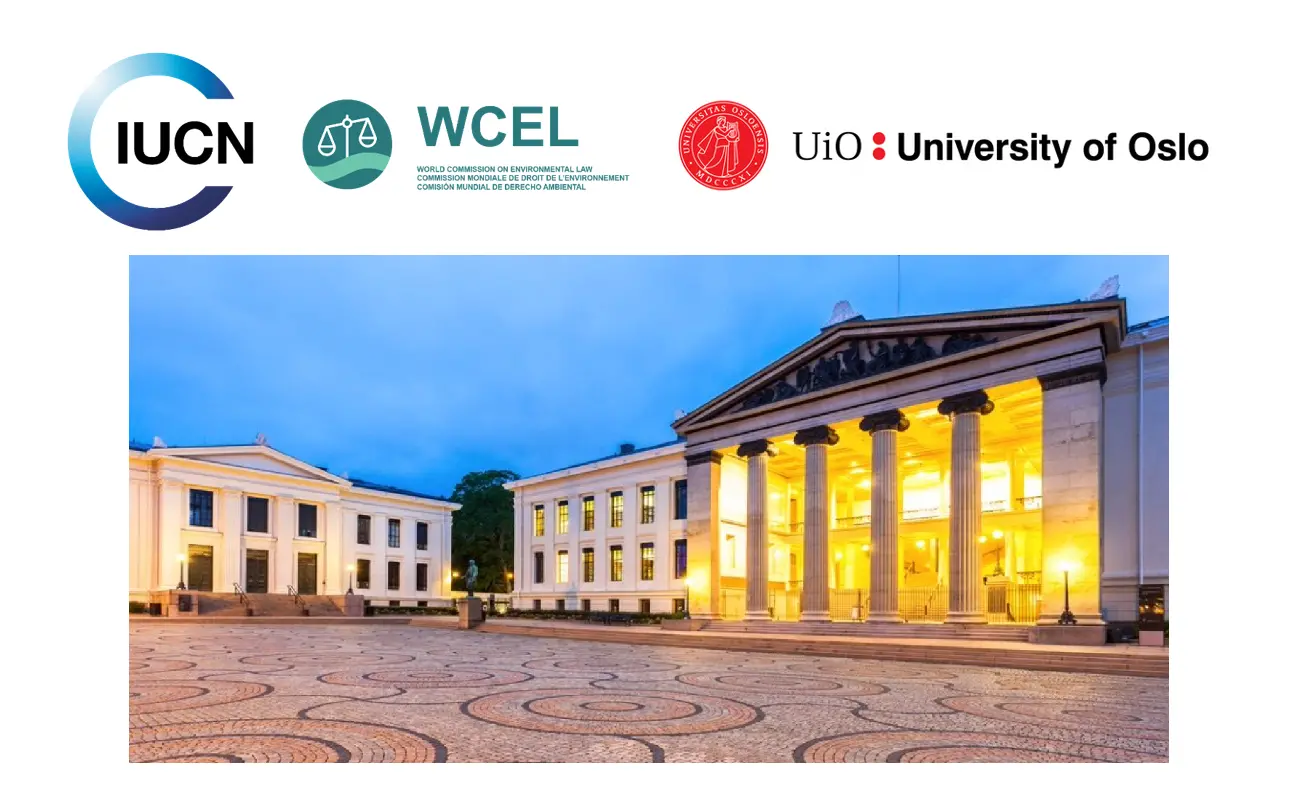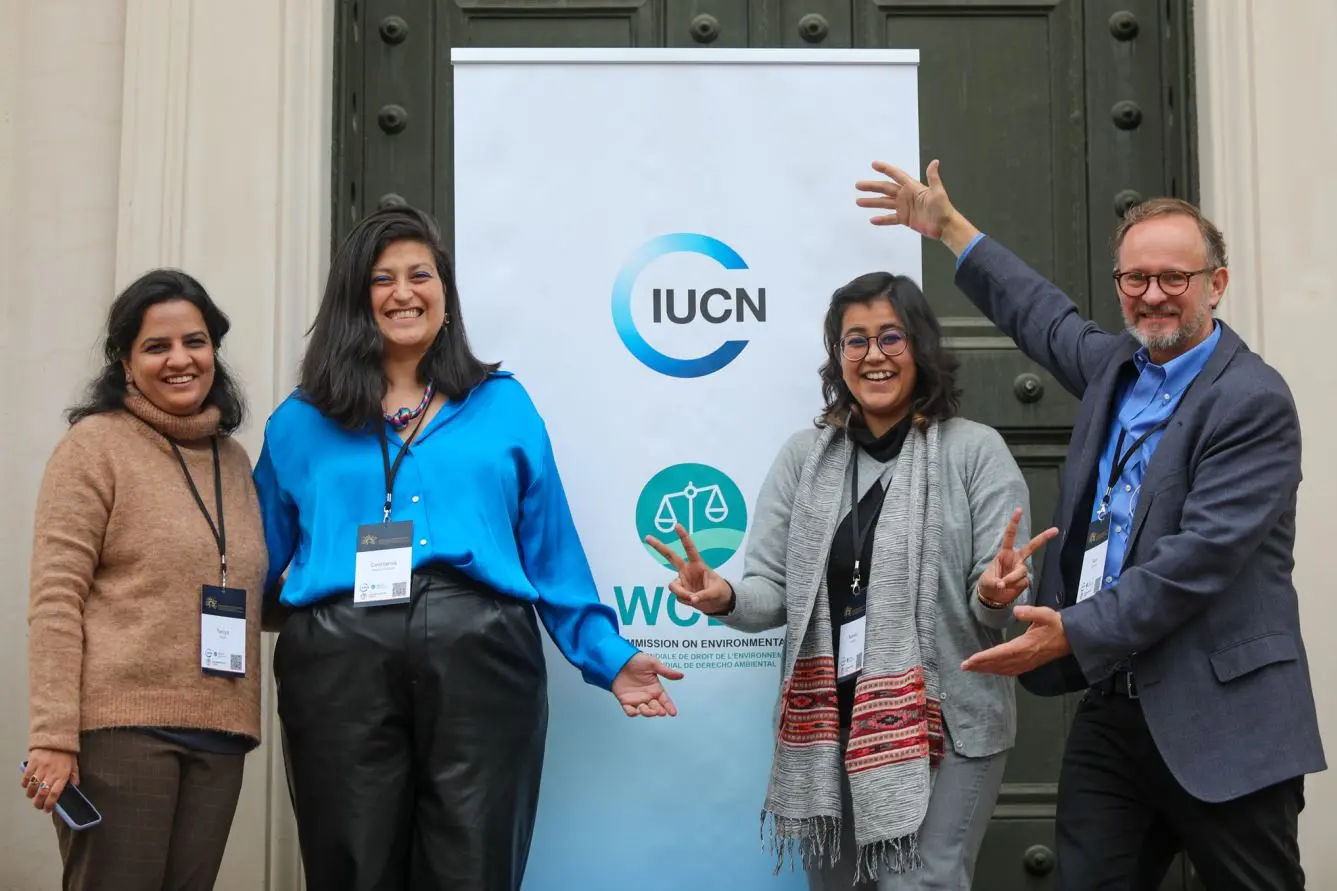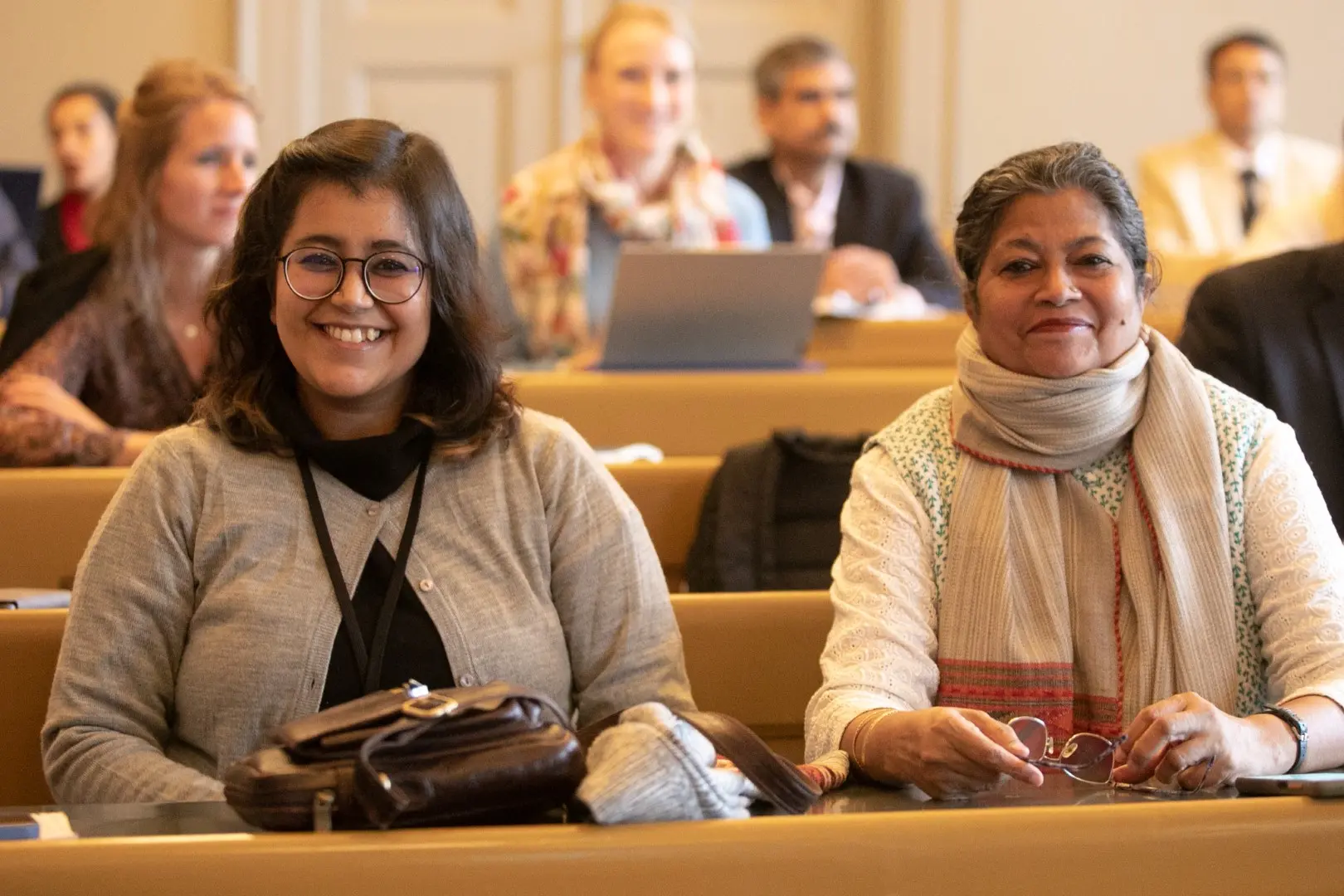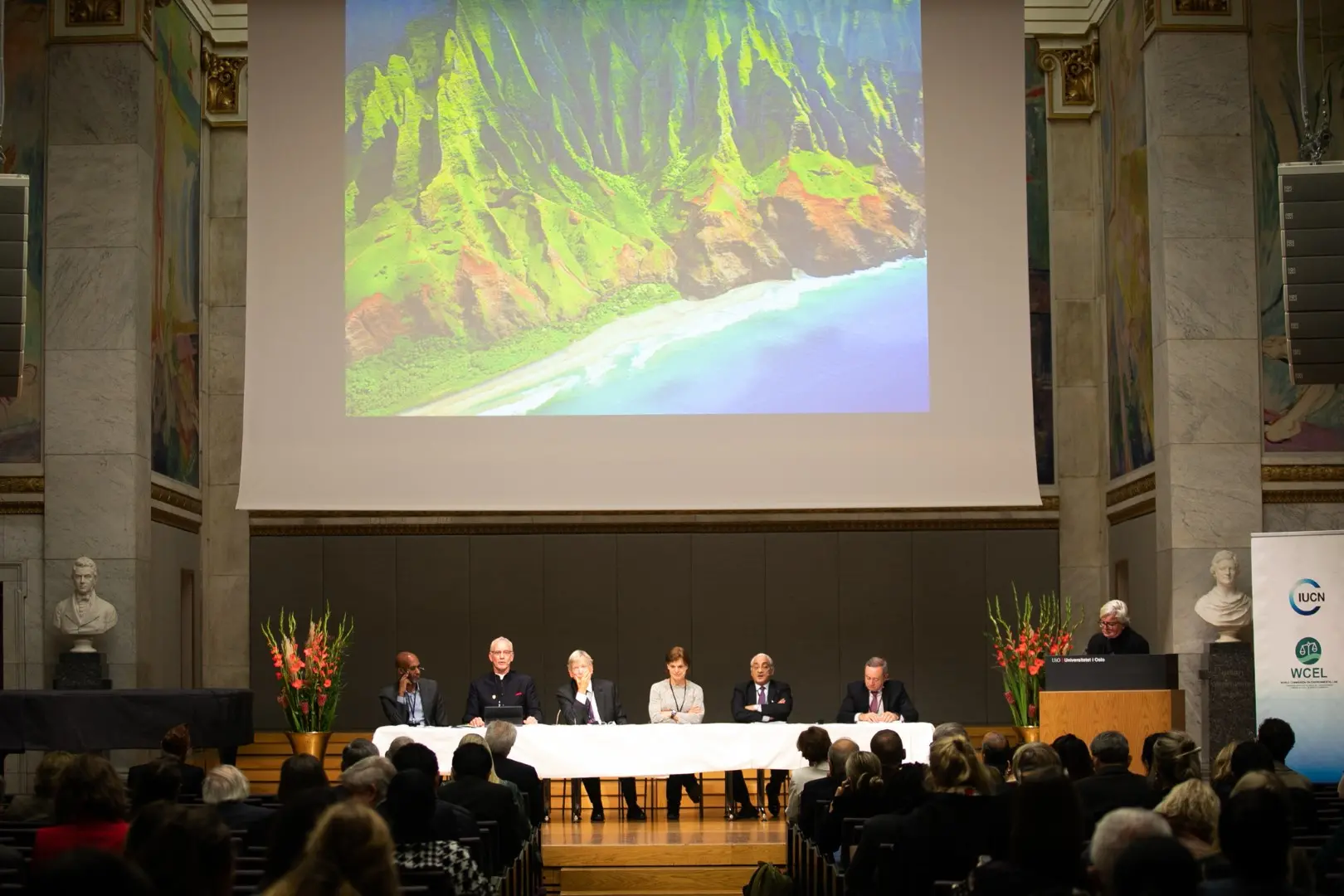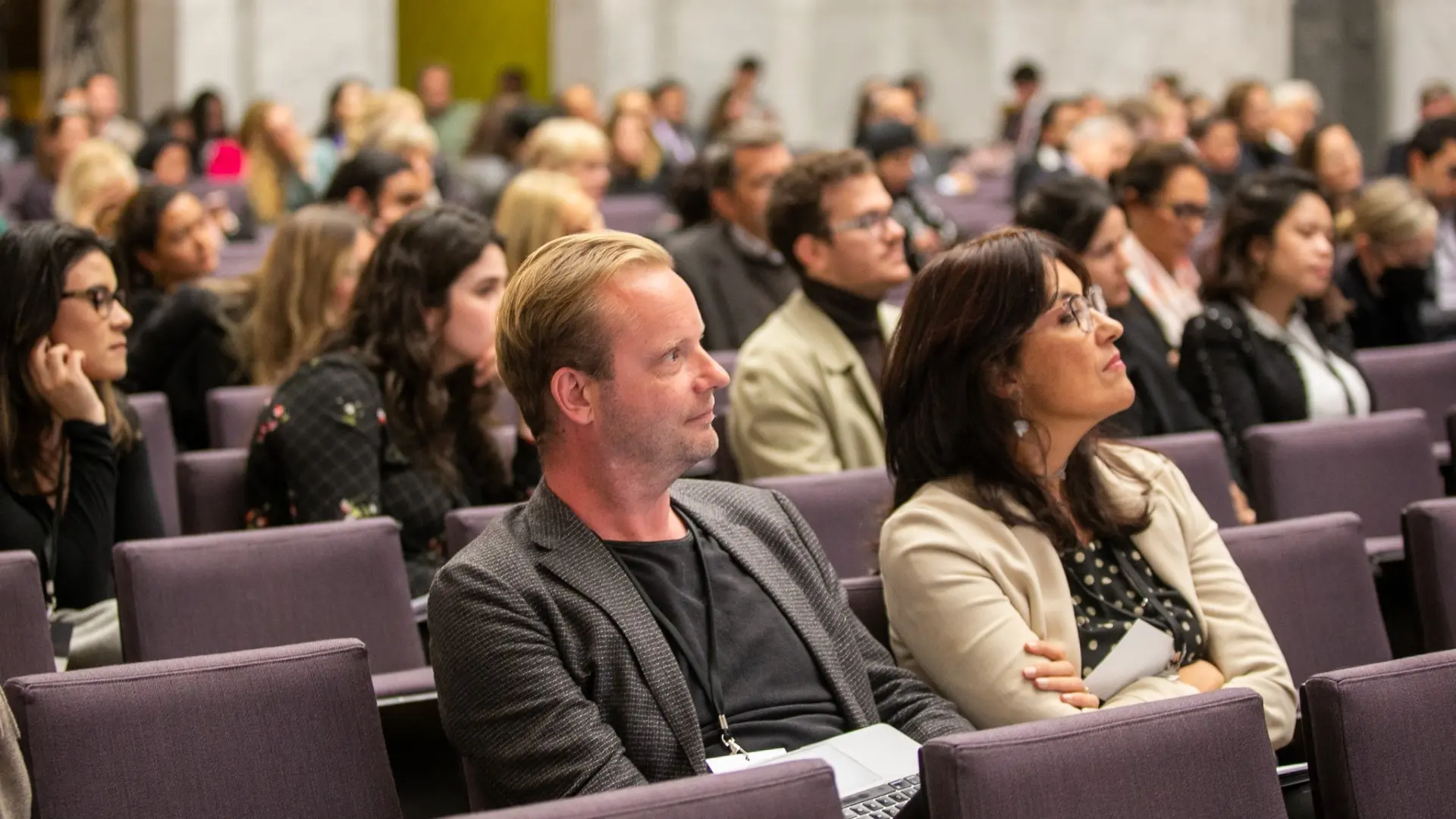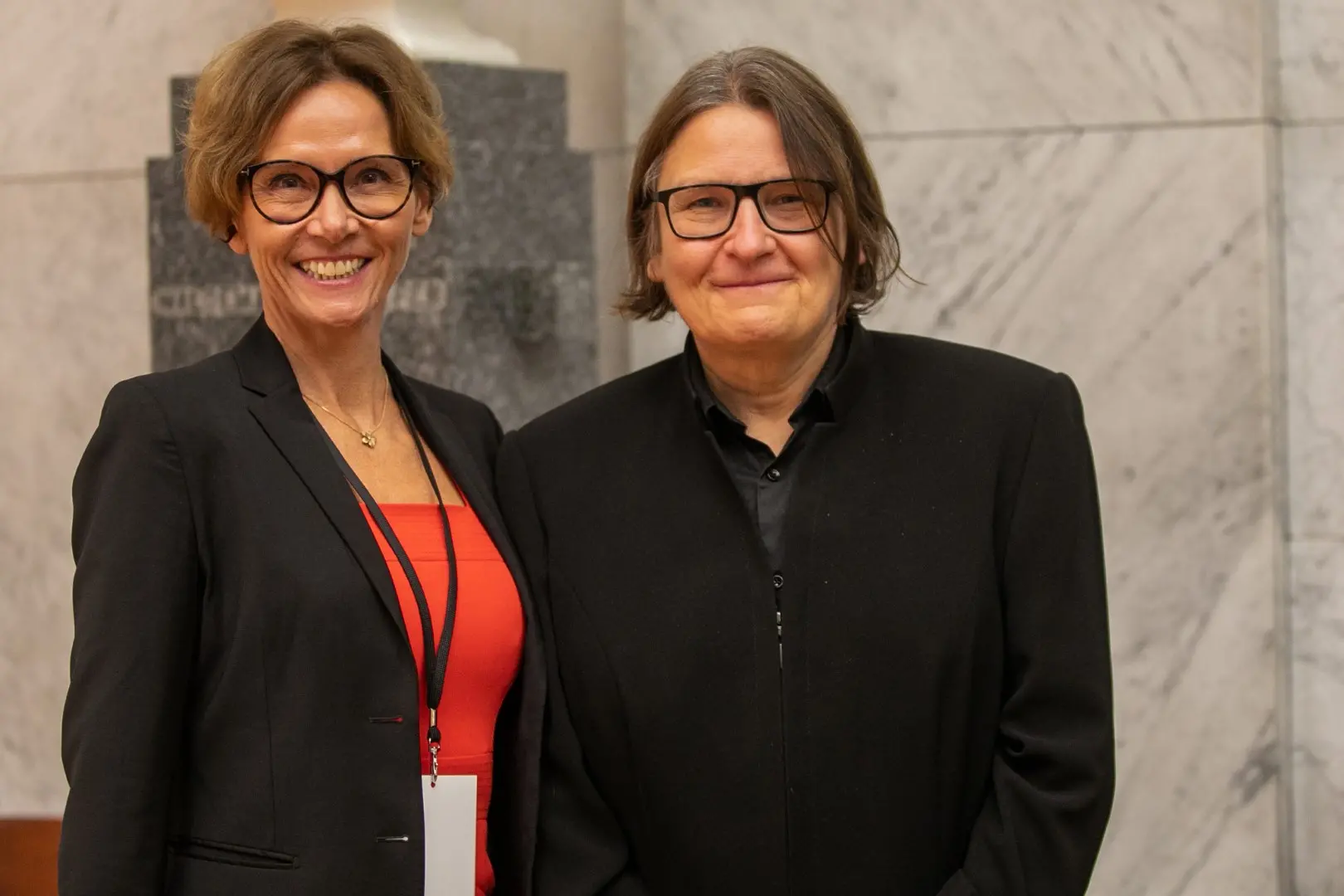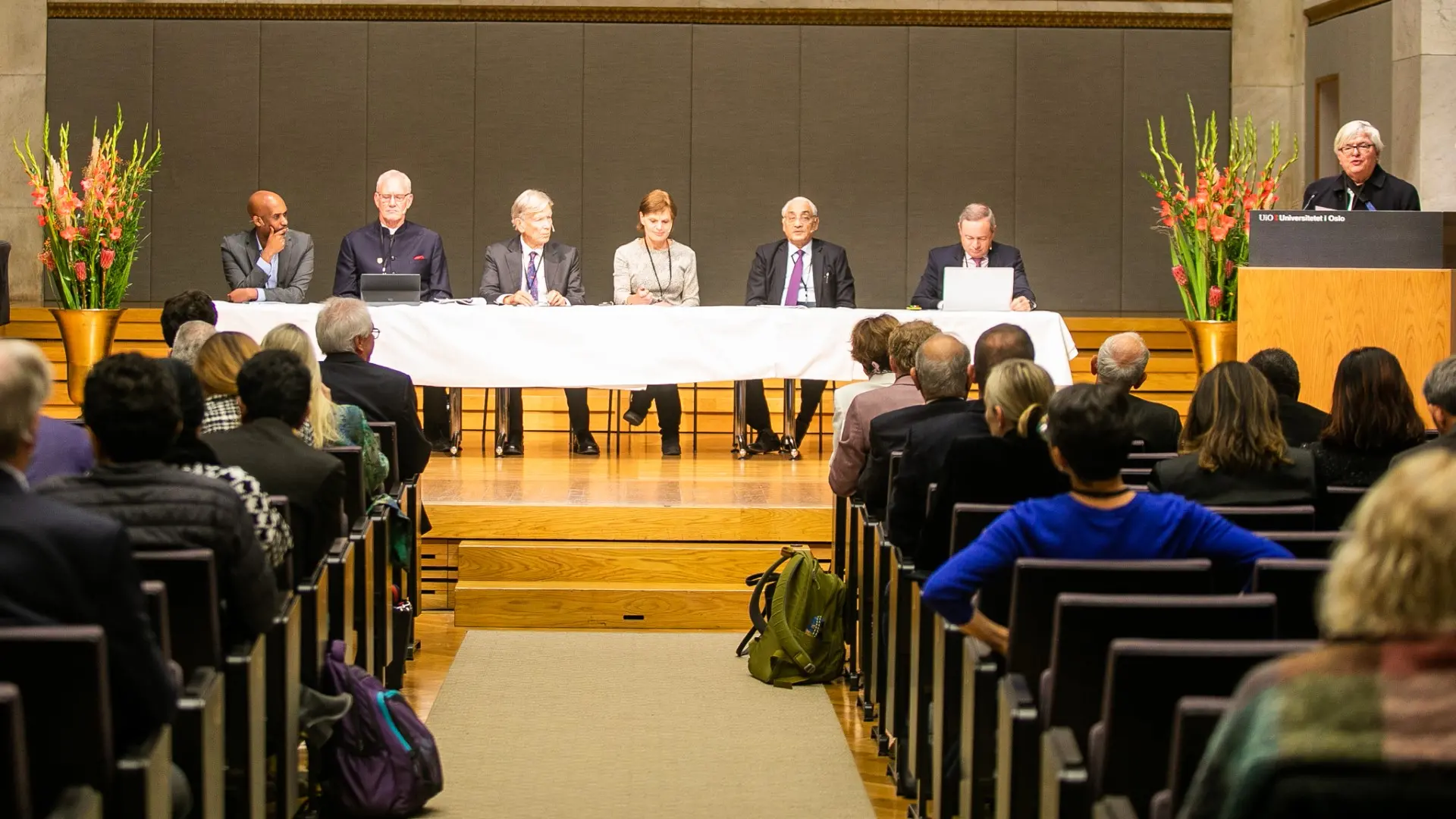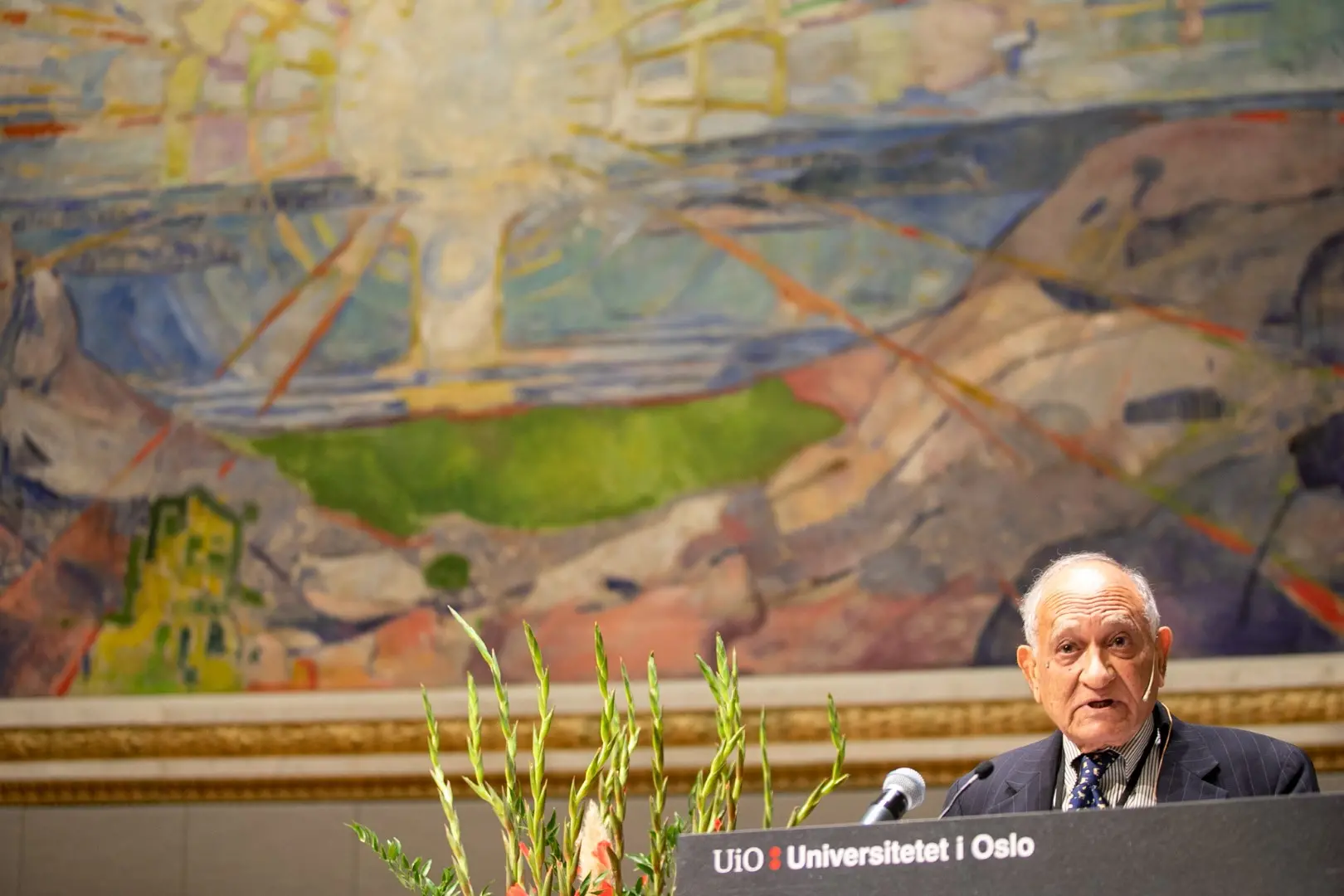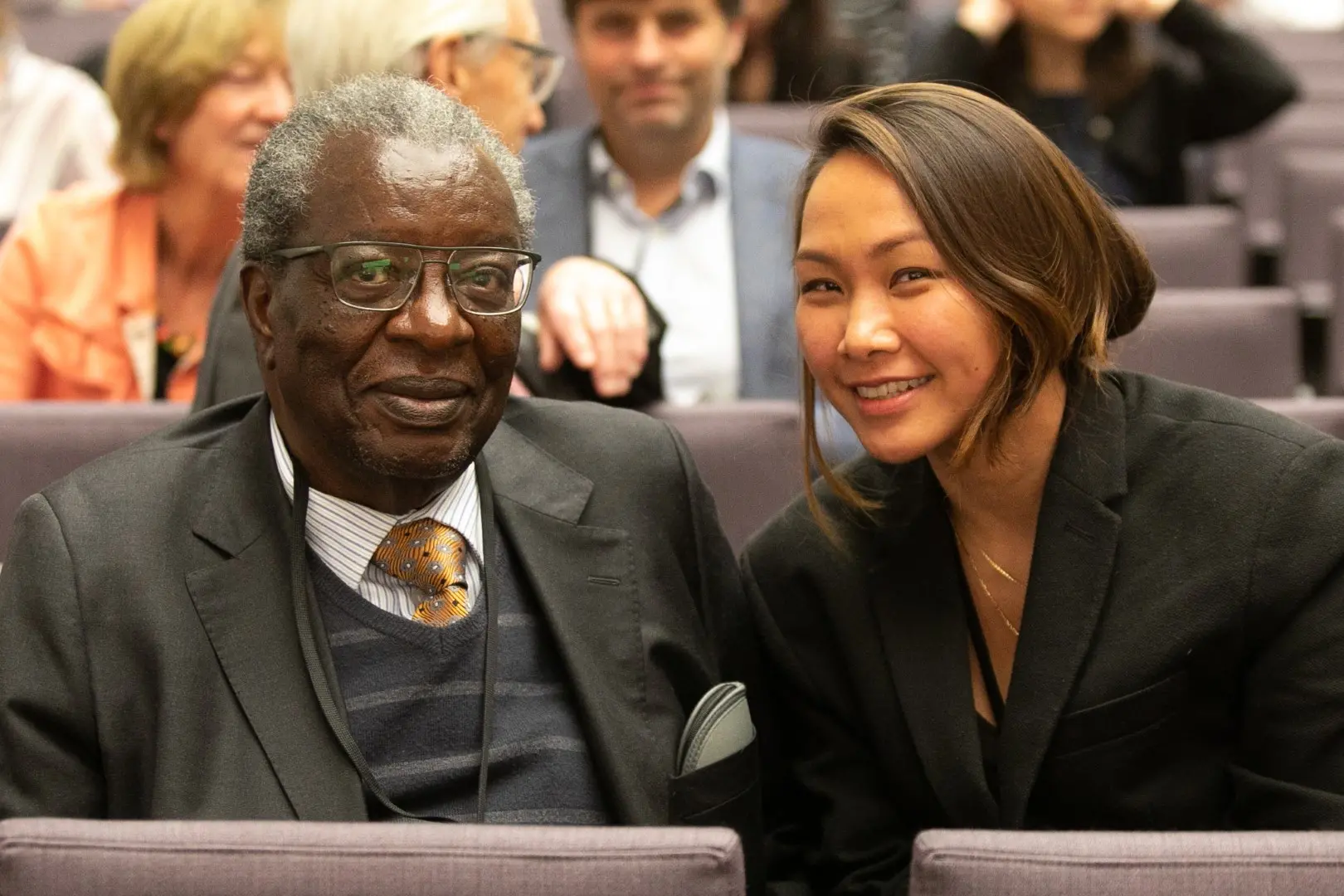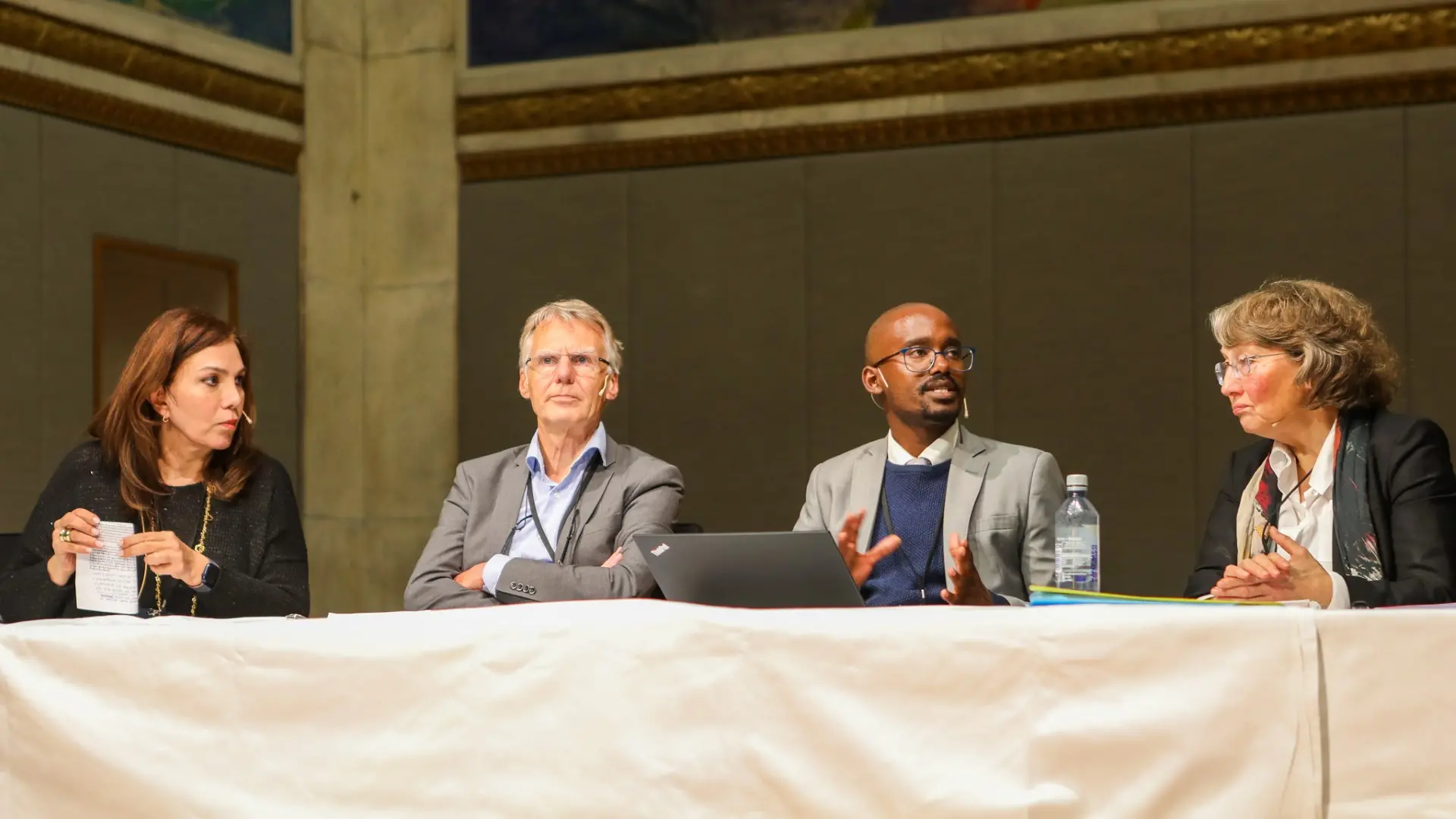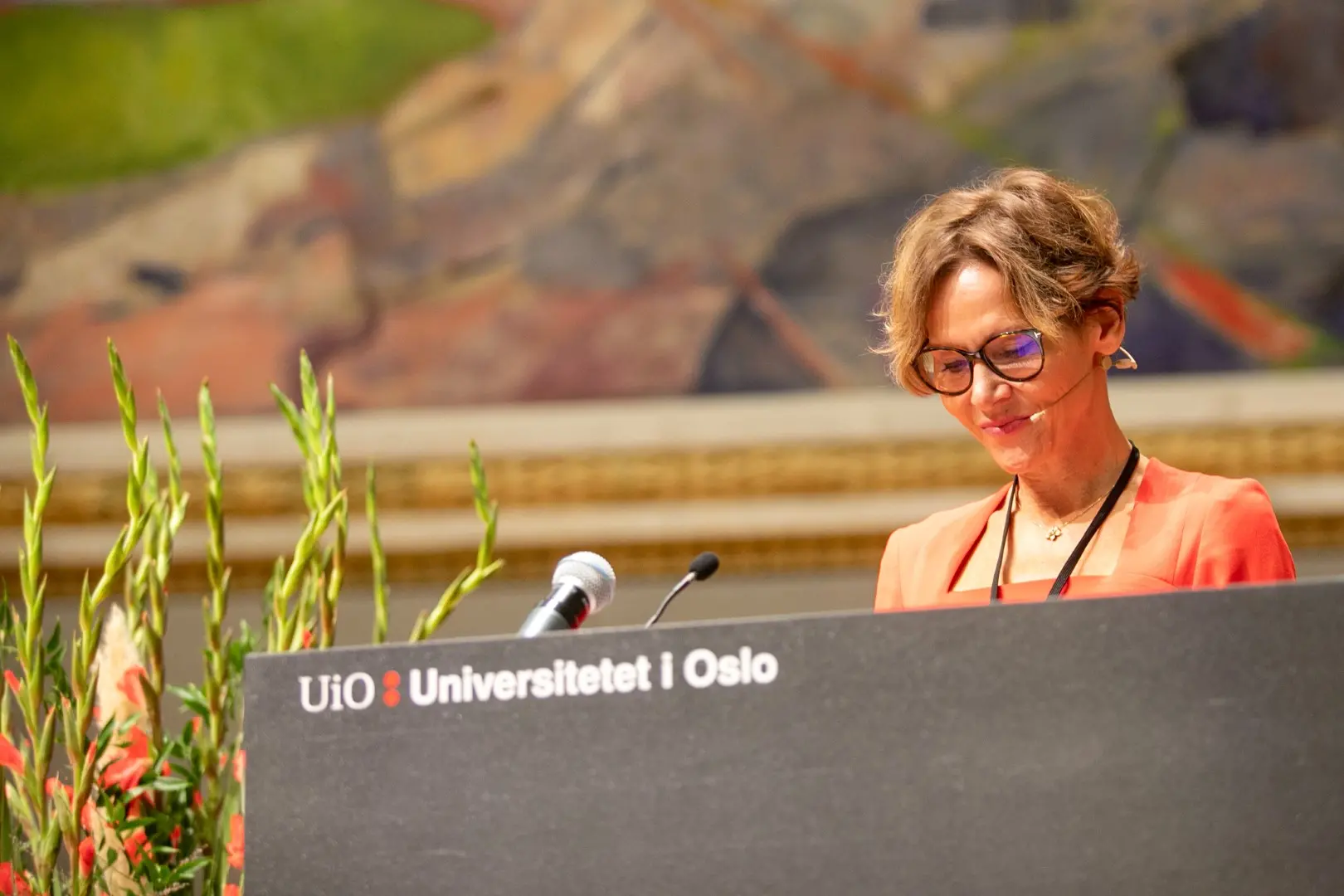2022 Oslo International Environmental Law Conference
WCEL successfully hosted its 3rd International Environmental Law Conference at the University of Oslo. The conference focused on the Transformative Power of Law: Addressing Global Environmental Challenges.
2022 IUCN WCEL Nicholas Robinson Award for Excellence in Environmental Law and Policy
Addressing the multiple global environmental crises of nature and biodiversity loss, climate change and global pollution requires many interventions; prominent among them legal regulations and laws. The IPBES identified environmental law as one “lever” to bring about transformative change.
Not only international law is needed; but legal responses and changes at all levels, including regional, national, local, to community and village levels. And not only environmental law is necessary, but a legal system that protects and enhances the environment and recognizes its profound value for other objectives, such as the enjoyment of human rights, economic development, social stability, welfare and security.
This conference provided a much-needed convening space for lawyers, professors, students, diplomats, judges, legal academics, UN staff and legal counsels of development agencies from all over the world to engage in a broad exchange about the role of law and the role and responsibilities of the legal profession in bringing about change. The main question addressed was: What is needed of the law – and lawyers - to act as a catalyst for transformative change?
Our call for papers received an overwhelming response, and we had to close registration at 400 persons due to capacity constraints. This shows the need for the legal profession to come together – and the important role that IUCN WCEL can play in providing such forum.
The participants discussed over the course of 4 days the adequacy, effectiveness, legitimacy and fairness of current legislation and judicial practice considering the environmental challenges at stake and inquired into the possibilities of law and emerging legal tools, about what is needed but missing, but also the limits and shortcomings of the law. The conference brought together innovative thinking and practice on how legal tools can be improved, advanced, amended or changed. The contributions addressed
- the tools that the law already provides, and the changes needed to make it stronger and more effective;
- the environmental rule of law, its meaning and implementation;
- legal tools to protect the atmosphere, biosphere, the oceans, soil, wetlands, and freshwater
- new principles and concepts, such as human rights to a clean and healthy environment, cross-compliance, resilience, non-regression, and progression;
- inter-temporal, transgenerational and future rights of generations not yet born, and ways to include the non-human, natural world in legal deliberations of justice and fairness through the concept of Rights of Nature;
- new developments in international environmental treaty-making, such as BBNJ, Plastic agreement and the Post-2020 Global Biodiversity Framework;
- the role of financial and development institutions and their regulation.
I would like to warmly thank the more than 750 speakers, chairs and participants for joining us, both in-person and online. It was a wonderful experience and important exchange!
A special thanks goes to our partners: the University of Oslo, Faculty of Law, IUCN Asian Development Bank (ADB) Institutt for offentlig rett, UiO, Norsk institutt for vannforskning (NIVA) Norwegian Ministry of Foreign Affairs UN Environment Programme Norwegian Environment Agency PluriCourts Oslo kommune Norad - Norwegian Agency for Development Cooperation International Council for Environmental Law, Global Judicial Institute on the Environment Nordisk institutt for sjørett, Det juridiske fakultet, UiO
The conference would have been impossible without the help of many volunteers and support staff. Thank you!
Christina Voigt, Chair - WCEL
Thoughts from Participants
‘The Transformative Power of Law: Addressing Global Environmental Challenges’: the topic of the third International Environmental Law Conference, as selected by IUCN WCEL Chair Professor Christina Voigt, is particularly timely and relevant. Transformation, be it incremental, disruptive or a full paradigm shift has become a necessity given the scale of the challenges we are confronted with.
Throughout four days filled with scholarly exchanges and pragmatic considerations, the international environmental law community untangled some challenges, identified new issues, shared solutions and, together, pushed the boundaries of knowledge on the many topics discussed. I believe it is particularly fitting that the Conference took place, in a hybrid format, at the Faculty of Law at the University of Oslo. Indeed, education and intergenerational approaches are central to enabling both ambition and action when it comes to addressing global environmental challenges, in the context of sustainable development and poverty eradication.
In addition, the conference was also the opportunity for various coordination meetings to take place on the side, to take stock and look forward, whether it is within the IUCN WCEL proper with its Steering Committee and its Specialist Groups, or for close partners of the IUCN WCEL such as the Global Judicial Institute on the Environment and the International Council of Environmental Law.
As for the road ahead, I would encourage our community to pay close attention to these words that IUCN WCEL Chair Prof. Christina Voigt shared with us when closing the Conference: “We were brought together by the values that unite us: the value of protecting and preserving the environment, the value of humane living and of living with dignity within a sound environment, and the value of a green economy and of development within ecological boundaries." Indeed, a values-based approach to leveraging the transformative power of law and addressing the environmental global environmental challenges is the path that we must travel at pace while leaving no one behind in other to achieve the United Nations 2030 Agenda for Sustainable Development and the Nature 2030 IUCN Programme.
Finally, and very importantly, I would like to express my keen appreciation, for putting this Conference together, to the leadership of IUCN WCEL Chair Prof. Christina Voigt, the tiresome efforts of Mr. Roberto Coll, the support of the IUCN Commission Support Unit, the passionate efforts of committed volunteers across the IUCN WCEL and at the University of Oslo, and all the partners that contributed to making this Conference a reality and a success.
Ayman Cherkaoui, Deputy Chair - WCEL.
Priority links:
More about the event:
Call for Abstracts: https://iucn.org/news/world-commission-environmental-law/202203/call-abstracts-2022-oslo-international-environmental-law-conference-0
